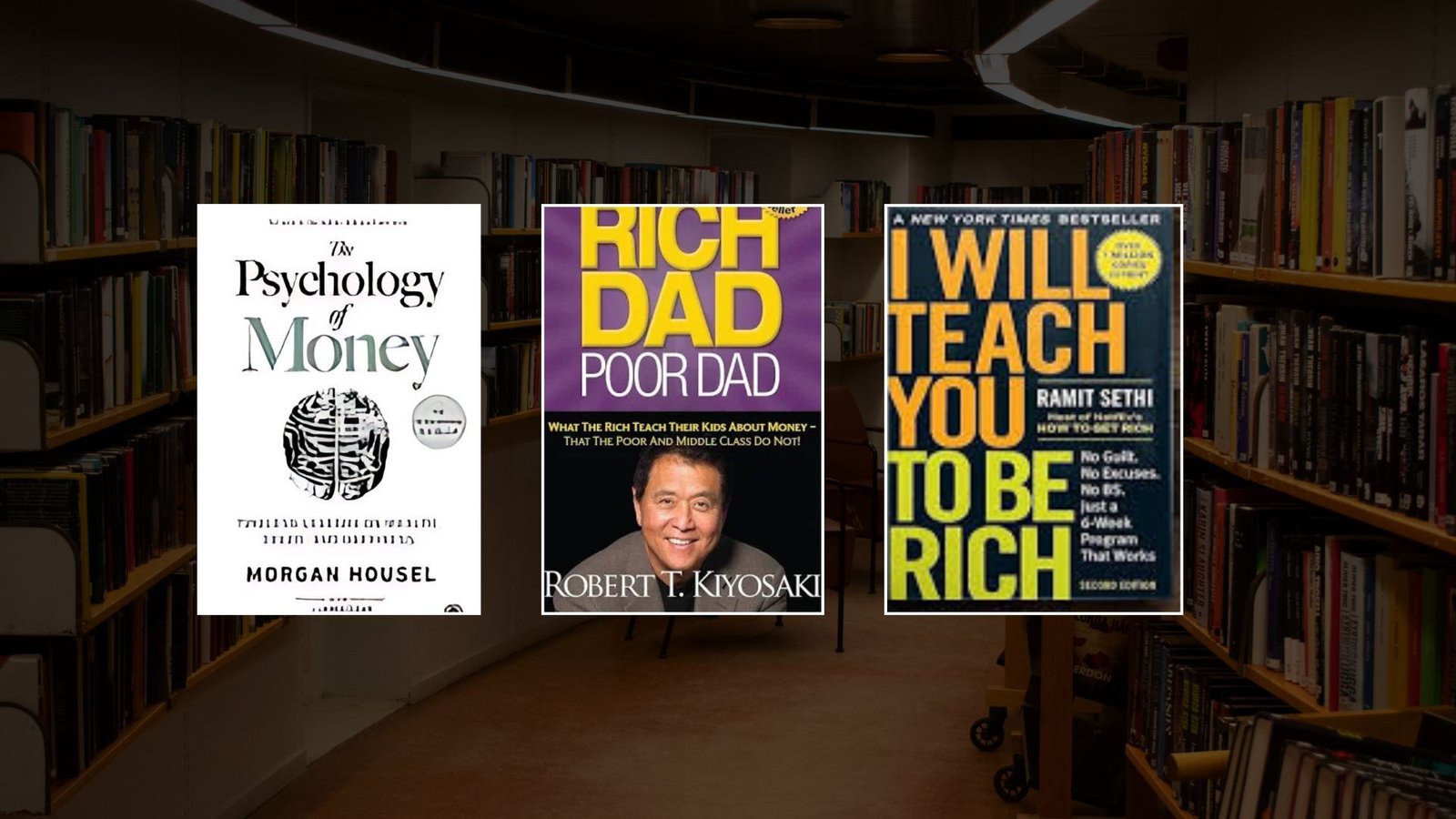

Most people believe financial success lies in how much you earn, save, or invest. But Morgan Housel—best known for The Psychology of Money—argues that how you spend your money says more about your happiness and character than any bank balance ever could.
In The Art of Spending Money, Housel explores the subtle yet powerful relationship between wealth, happiness, and meaning. He reminds us that while money can buy comfort, it can’t always buy contentment. The key, he suggests, is to understand the psychology behind spending—to align your financial decisions with your values, not your impulses.
10 profound lessons from Morgan Housel’s philosophy on money
1. Spending money is a mirror of your values
How you spend isn’t just a financial decision—it’s an emotional one. Each purchase reflects what you value most.
Housel encourages readers to be intentional: if you value peace, spend on things that simplify life. If you value relationships, invest in shared experiences, not material things.
2. Money can buy happiness—but only up to a point
Housel reminds us that money does increase happiness, but only until your basic needs are comfortably met. Beyond that, the emotional returns diminish.
The trick? Spend on experiences, not possessions. A vacation, a dinner with loved ones, or time off work brings deeper joy than buying the latest gadget.
3. The best return on money is control over time
For Housel, financial freedom is less about wealth and more about choice. The richest people are those who can control how they spend their time.
Whether that means working fewer hours, traveling, or pursuing a passion project, money should serve your time—not the other way around.
4. Frugality is a superpower, not a limitation
Housel reframes frugality as empowerment. It’s not about deprivation—it’s about knowing when enough is truly enough.
Being content with less shields you from lifestyle inflation, reduces stress, and gives you more room to make meaningful choices.
5. The goal isn’t to be rich—it’s to stay rich
In classic Housel style, he reminds us that getting wealthy and staying wealthy are two different skills. The first comes from taking risks; the second comes from managing them wisely.
He encourages humility, diversification, and patience—qualities that protect long-term wealth far better than greed or overconfidence.
6. Don’t copy how others spend money
What works for one person won’t always work for another. Social media often tricks us into comparing lifestyles, but true wealth is invisible—it’s peace of mind, not possessions.
Housel advises crafting a financial strategy aligned with your goals, not someone else’s.
7. The greatest luxury is calmness
Housel notes that financial peace is underrated. Many people chase luxury but lose tranquility in the process.
Learning to spend on what calms your mind—like financial security, health, or simplicity—is one of the wisest uses of money.
8. Generosity multiplies wealth in ways numbers can’t
Money gains meaning when it’s shared. Housel highlights that giving—to family, community, or charity—creates emotional wealth that far exceeds material returns.
Generosity fosters gratitude, empathy, and connection—things no investment portfolio can replicate.
9. Regret is the most expensive purchase
Spending impulsively often leads to the costliest expense: regret. Housel encourages pausing before big decisions and asking, “Will this make me happier a year from now?”
10. The art of spending is the art of living
Ultimately, Housel concludes that how we handle money reflects how we handle life. Both require awareness, patience, and balance.
When you learn to spend with purpose—to invest in what matters and let go of what doesn’t—you’re not just managing money. You’re mastering the art of being content.
Final thoughts
Morgan Housel’s The Art of Spending Money isn’t just a financial guide—it’s a life guide. It reminds us that the goal of wealth isn’t accumulation, but alignment—aligning your money with your values, your habits with your purpose, and your life with what truly brings you joy.
Because at the end of the day, it’s not about how much you earn, save, or invest—it’s about how wisely you spend the time and money you already have.
Discover more from News Hub
Subscribe to get the latest posts sent to your email.






